Are you wondering how chickens handle the cold? Can they resist freezing temperatures?
Chickens are okay with cold down to about 40-45 degrees Fahrenheit, but they can handle even colder, below freezing, if they have a place to stay that doesn’t let the wind in.
Still, how well they do in the cold depends on their type, how old they are, and if they’re healthy. Let’s get into it in detail.
How Cold Can Chickens Tolerate? The Best Temperatures for Adult Hens
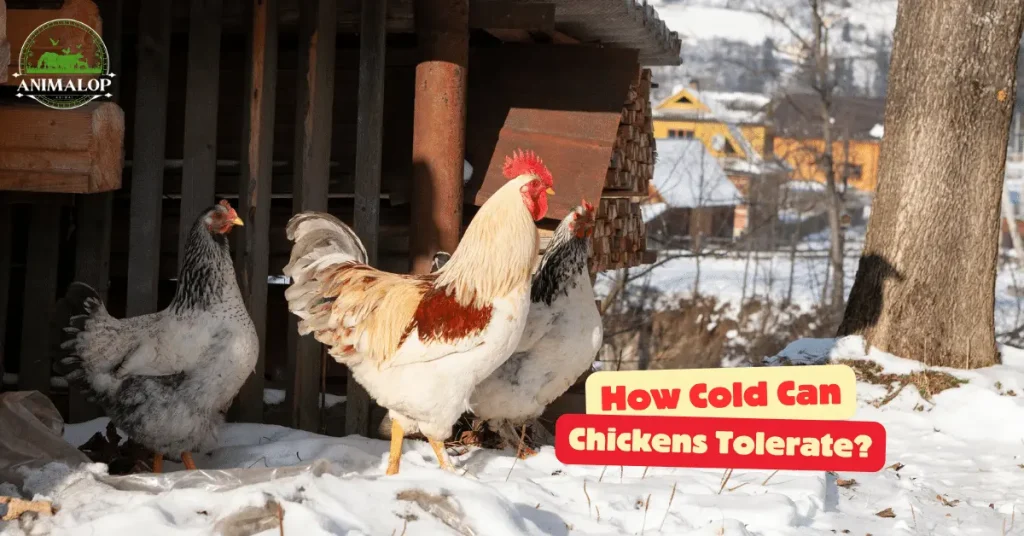
Chickens like it best around 70 degrees, but they’re okay in much colder weather too. Even when it gets below freezing, hens can still lay eggs. Even though they can handle the cold, their homes should be kept warm and dry in winter to help them lay more eggs and stay healthy.
But, chickens don’t do well when it’s too hot. If it gets too warm, they might not eat as much, lay fewer eggs, and the eggs might not be as good.
So, in winter, instead of making the whole coop hot, it’s better to just have one warm spot, like a heat lamp or a ceramic heater. That way, the chickens can go to the warm spot if they want, or move away if they’re too warm, and keep themselves comfortable.
| Temperature Range | Chicken Tolerance |
| 60-75°F | Chickens like it best |
| 40-45°F | Okay with cold |
| Below freezing | Can handle if sheltered |
The Best Temperatures for Chicks
Baby chickens, or chicks, can’t handle cold as well as grown-up chickens because they’re smaller and their feathers aren’t fully grown yet. They’re especially likely to get sick from the cold right after they hatch.
A good simple guide is to keep their area very warm, around 90-95 degrees Fahrenheit, when they first hatch. Then, every week, make it 5 degrees cooler as they get bigger. By the time they’re 5 weeks old, they’re okay with temperatures around 70-75 degrees Fahrenheit. Get to know when chicks can go outside.
How To Keep Your Chickens Warm During Winter?
Here’s how to keep your chickens cozy and healthy during winter!
Air Flow is Important
Your chicken house doesn’t have to be super tight and warm, but it needs to have fresh air moving through. Too much cold air is bad, but so is air that doesn’t move. Check your coop, and fix any big holes, but leave some spots open up high for air to get out.
Beware of Wet Conditions
Wet spots in your coop can cause frostbite. Keep an eye out for dampness and clean it up quickly, especially the poop, and make sure there’s enough airflow.
Stop Frostbite
Chickens can get frostbite on their toes and combs when it’s really cold. Keep the coop airy but put some coconut oil or Vaseline on their sensitive parts if it’s cold but not freezing. If it gets too cold, though, even that stuff can freeze. If you see frostbite, help them heal fast.
Use a Flat Perch
Switch round perches for flat ones like 2x4s so chickens can sit on their feet and keep them warm. Don’t use metal or plastic perches; they’re too cold.
Big Group vs. Small Group
Big groups of chickens snuggle up to keep warm. Smaller groups might need extra help in a drafty house. You could cover the coop with plastic to cut drafts, but make sure there’s still good airflow.
Stay Dry
A dry house is key for warm chickens. Use lots of bedding and consider adding stuff like Coop Recuperate to keep it dry and smelling good with its natural ingredients.
Unfrozen Water
It’s super important they have water that isn’t frozen. Heated plastic waterers are good, and they should be covered to keep things safe.
Make sure everything’s clean and away from anything that could catch fire. I like using electric waterers with little spouts, but heated dog bowls can get dirty fast, so they’re not my first choice.
Keep these tips in mind, and your chickens should be just fine through the cold months!
Explore when chickens stop laying eggs.
Do Chickens Require a Heat Lamp?
Chickens don’t really need a heat lamp in winter. While heat lamps can make things warmer, they’re not a must-have. Actually, heat lamps can be pretty risky because they can start fires and even hurt chickens if they get too close.
Instead of a heat lamp, just make sure your chickens have enough food, water, and a cozy place to stay that keeps out the wind and bad weather.
If it gets super cold, like the kind of cold we get in Minnesota with wind chills hitting -50, then you might want to add something to keep them warm.
But choose a safe heat source that won’t start a fire and is out of reach of the chickens. Things like heat lamps that are covered or heating panels are often a good choice. Just do your homework to pick a safe way to keep them warm when it’s really freezing!
Chicken Supplements for the Winter
When the weather keeps changing, especially in Minnesota, I add something called Flock Fixer to their drinking water. I also give them a daily vitamin named Chicken Elixir to help their stomachs and keep them from getting sick.
But, if things get really stressful, I use Flock Fixer because it’s packed with vitamins, minerals, and organic oregano oil that really helps their immune and digestive systems. It’s even saved some of my chickens before!
Also, besides giving them regular chicken food, I make sure to give them some scratch or cracked corn. This helps them keep warm because it gets their bodies moving. I really like using Happy Tract or Golden Graze for treats. My chickens love them!
Also, read about the symptoms and treatment of worming chickens.
FAQs
Final Thoughts
When I sum it up, it’s all about keeping it simple for chicken warmth in winter. Ensure they have a draft-free, dry spot, avoid heat lamps unless it’s super cold, and consider vitamins for extra health.
These steps should keep your chickens happy and healthy during the cold. For us? Just layer up and stay warm!

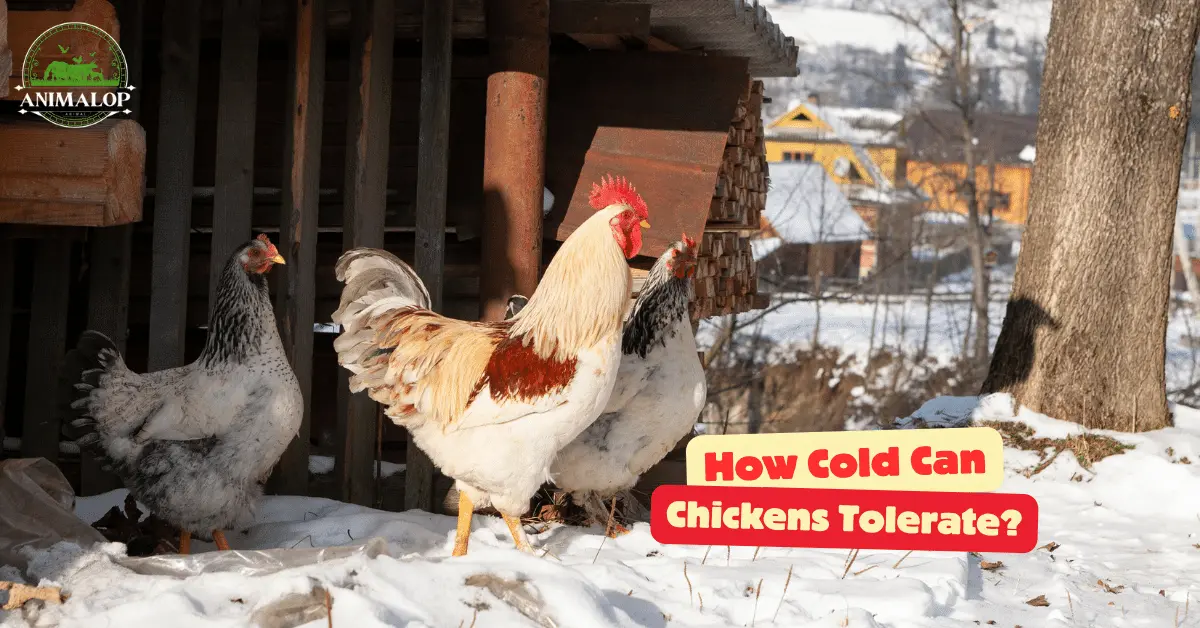
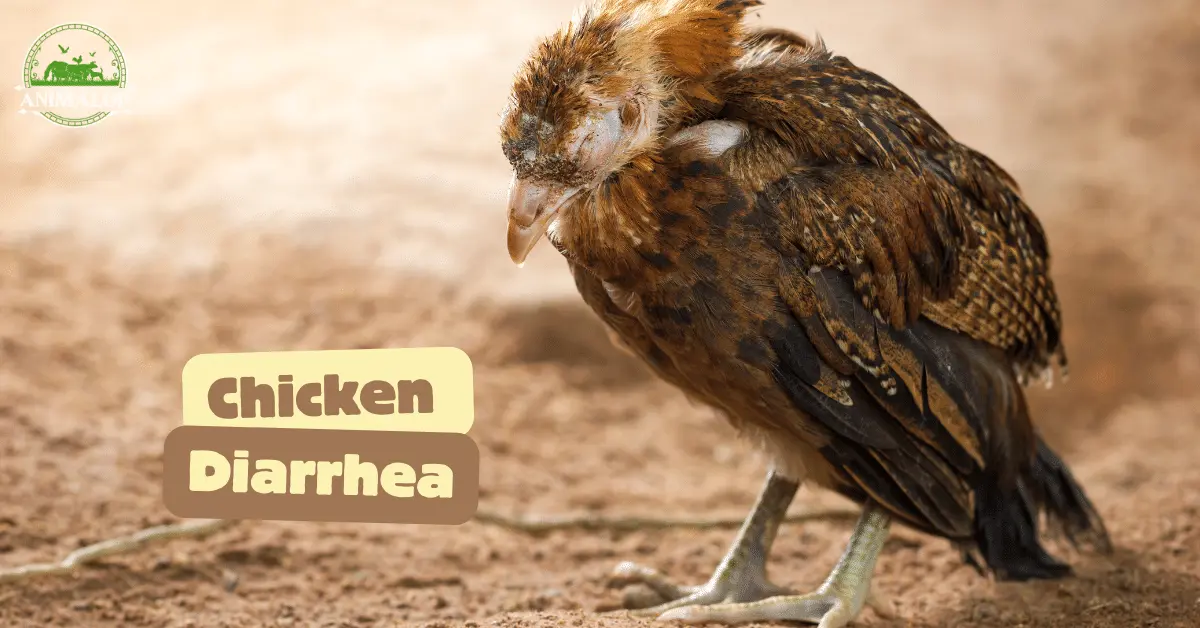
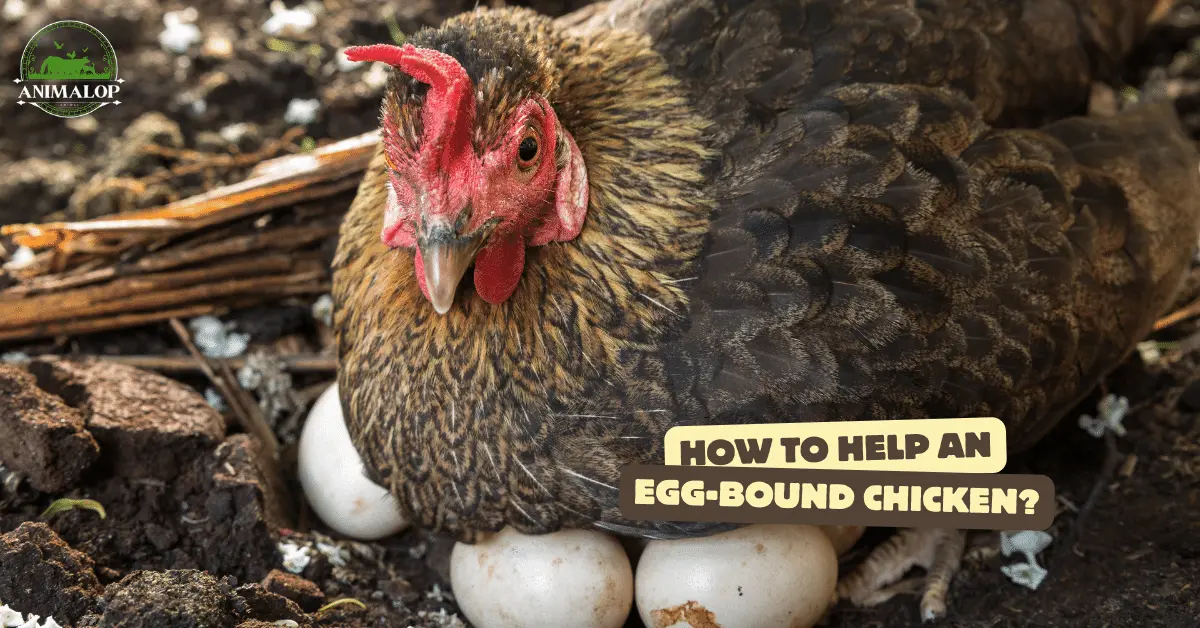
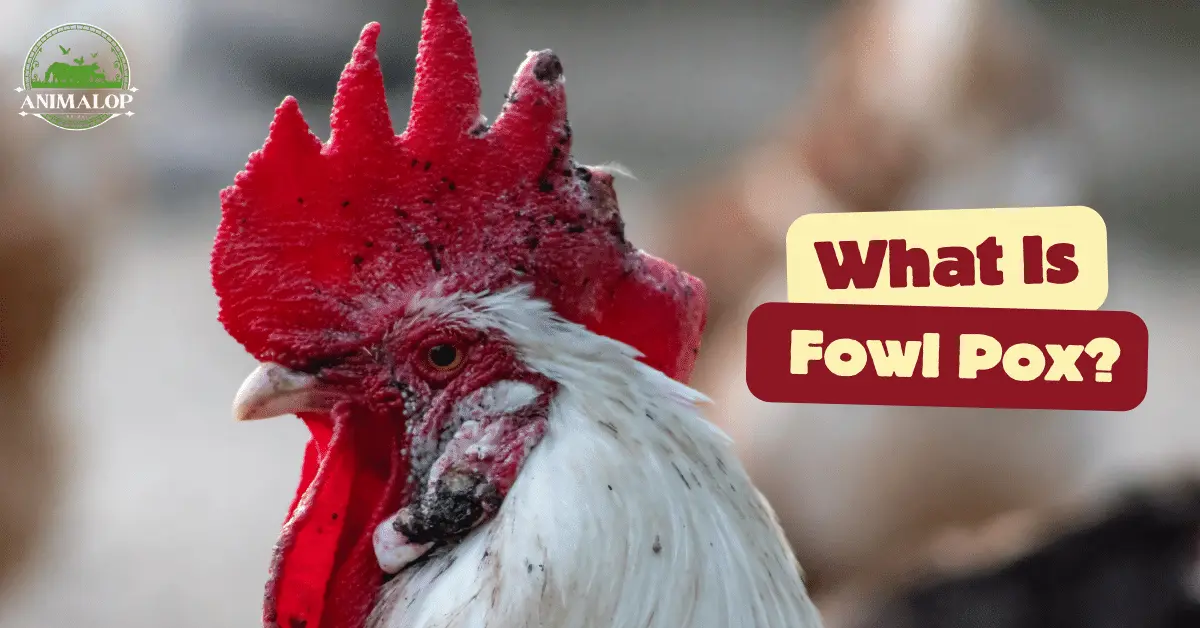
One Comment on “How Cold Can Chickens Tolerate?”